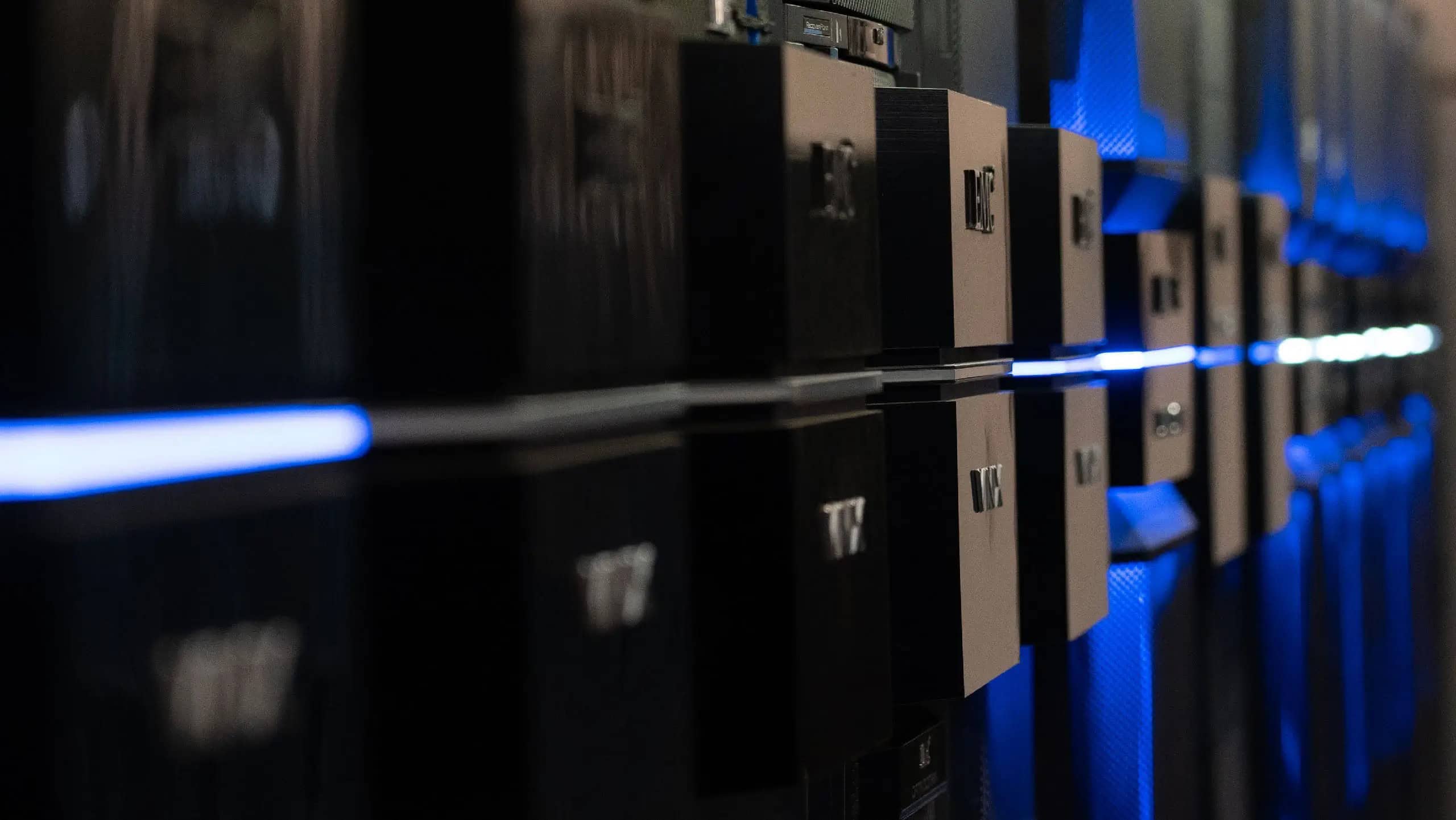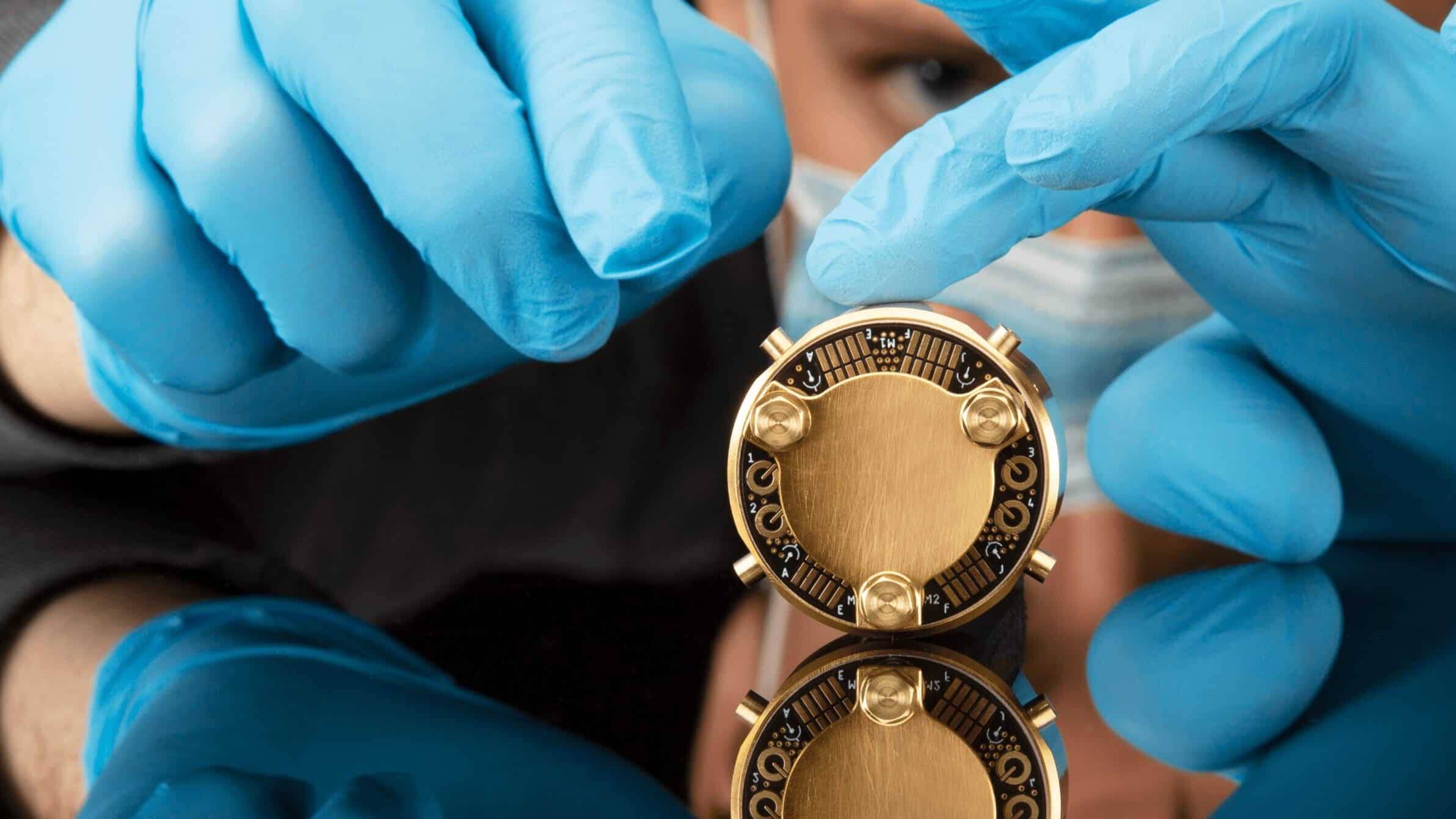Rainer Isenrich is not only CEO and president of the board of Edisun Power, he’s also a pioneer in solar power and convinced of its bright future. As he explains in this interview, investor’s appetite for solar plants is growing but finding the surfaces to build them isn’t trivial, a problem where startups like Insolight might be able to help.
Rainer Isenrich is CEO and president of the board of Edisun Power, a company that is investing in solar plants. Edisun is listed at the Swiss Stock Exchange and has a market capitalization of slightly above CHF 100 million. At the end of 2019, Edisun owned 37 plants in Europe totaling 35 MW. The acquisition of several projects in Portugal will increase its capacity to 241MW in 2021. Rainer is also a member of the board of the solar startup Insolight, which he joined in 2018. He studied Electrical Engineering at ETH Zurich.
Since when are you interested in solar electricity?
15 years ago, I became CEO of the market leader in electrical connectors for photovoltaics, today called Stäubli Electrical Connectors. It has always been my belief that solar is the most sustainable source of energy. At that time, some people still thought that solar is a niche for green weirdos. Since then, the addition of solar capacity has beaten the forecasts every year. I joined Edisun 8 years ago and became president of the board and CEO 5 years ago. Today, solar power is established, and it has a very promising future.
What is Edisun Power’s business model?
We invest in photovoltaic power plants, operate them, and sell the electricity to utilities. So on one side, we have high investments, but on the other side, we have quite stable cash flows from the plants that have guaranteed feed-in remuneration. Going forward, this will change, however, as state support is coming to an end. The new projects we acquired in Portugal last year will have cash flows that fluctuate with the market price for electricity.
You raised more than CHF 70 million last year to finance these projects, through capital increases and the issuance of bonds, which were oversubscribed. So, financing seems to be quite easy. But what about finding such projects to acquire?
At the moment acquiring solar plants is not that easy. One reason for this is that large institutional investors such as insurances are eager to invest in alternatives for real estate, whose yields have fallen significantly. So they started buying solar plants as well because they like stable cash-flows. And we have competitors which are much bigger than we are. Luckily, we work with long-time partners who can still find interesting projects for us. But it is clearly a seller’s market right now. Prices have become prohibitive. That’s why we started to invest in plants that are still in the development phase. Utilities are also desperately looking for solar plants to buy – it’s incredible what kind of offers we receive for our own plants.
Why not just build more? In Switzerland, for example, there are still many naked rooftops.
True, but you must consider the developer’s perspective. The effort for planning, permits, and maintenance is essentially the same, no matter if a project is big or small. So what you’are looking for are very large rooftops, which means industrial buildings. Your plant needs to produce for 20 years to be able to amortize the investment. But in Switzerland, industrial firms are reluctant to give you a lease for this timespan. They say they don’t know if they’re still around in 20 years. In this sense, what theoretically would be great becomes difficult in practice. But there are other surfaces we could activate for solar power in Switzerland.
Do you mean cultivated land?
Yes. A dual-use of land for agriculture and solar energy would be a boost for sustainable electricity production.
Unlike in Holland, Germany, and France, where this is already being done at scale, it isn’t possible yet in Switzerland because of regulations. But do you think this can change? Farmers, environmentalists, and the wider population would surely balk at this idea.
I am not suggesting that we should cover the most beautiful and productive regions like the Bernese Seeland with solar panels. But I think that economically-minded farmers will be the ones that see the benefits most clearly. We have many surfaces in Switzerland that are barely used for more than grazing cows. By adding solar panels the farmer could get probably 5 to 10 times more revenue from this land, and it could still be used as pasture.
But what about the people that find solar panels aesthetically offensive and want to protect the view of unspoiled nature?
Again, I’m advocating a respectful approach and not the ruin of every landscape. But consider hydropower for a moment. We’re all glad that we have so much of it in Switzerland, and that it can be used to store electricity. Should we never have built them just to preserve the view? And what about the aesthetics of the high-voltage power lines? In spring, the farmers cover their vegetables with long plastic tunnels. I, personally, would find solar panels less offensive, especially when they’re transparent.
You’re hinting at the technology of the startup Insolight, which is able to manufacture translucent panels for so-called agrivoltaics.
Yes. Their technology is very well positioned for dual-use in agricultural settings.
Since three years ago, you’re a board member of the startup. What synergies are there with your role as CEO of Edisun Power?
Between the companies, there is no direct overlap at the moment as Insolight is only starting the commercialization of its panels. There could be, in the future. If I imagine installations of these panels on large greenhouses in Holland, this could be solar plants that are interesting for Edisun Power. But for the moment, I’m happy to share my experience, knowledge of the market, and professional network with Insolight’s team. I learned about the startup three years ago through investiere and find it enriching to work with a young, highly motivated and professional team. It’s a way of giving back what I learned. But I also made very interesting contacts through my engagement with the startup. Take Alan Rosling, for example, another board member, who through his work in India has a completely different background and vision.
What is most important now for the development of the startup?
The commercialization is a big step, and getting feedback from the first sales is very important. Having developed a brilliant technology is one thing, but it’s the reaction from the market that counts and lets you continuously improve your technology.
What are the biggest challenges?
First comes quality. The manufacturing quality has to be top-notch to assure a service life of the panels of 20 years. Equally important are practical details to ensure that the panels can be mounted easily on existing supporting structures. I’m confident on both points since Insolight builds on established technologies and manufactures panels of standard dimensions.
Speaking of manufacturing, do you consider it a loss for Europe that the majority of panels produced today come from China?
Since you mainly just need capital for production, yes, it is a pity that we couldn’t hold these jobs and investments here. But this has happened to many other industries as well. And it’s not just the panels, it’s true for batteries and inverters as well. However, I also have to say that we never had any quality issues with panels from China, which wasn’t true for some of the European manufacturers. We’ll see if the supply chain discussions that came up due to the coronavirus will result in a renewed strengthening of the industrial base in Europe. The grant that Insolight received from the Horizon 2020 program explicitly states this goal. There have also been states that granted preferential prices for solar panels produced locally. We’ll see how all this pans out.
Detractors say that intermittent sources of energy like wind and solar are not very helpful without the ability to store energy. What role do batteries play in solar installations?
They already play an important role. In Germany, around half of residential PV installations already have the battery storage capacity to ensure electricity at night. In five years, this will be the standard and we will also see more community or regional storage systems as battery prices, which have declined rapidly, continue to fall.
Last question: Should I invest in wind or solar energy?
In solar, of course! Photovoltaics is a very simple way of producing electricity, with no heavy rotating parts. But more important than this distinction is not to invest in oil. I think it should be clear by now that fossil fuels have no future.
Accredited investors can check out Insolight’s profile here.
Written by
WITH US, YOU CANCO-INVEST IN DEEP TECH STARTUPS

Verve's investor network
With annual investments of EUR 60-70 mio, we belong to the top 10% most active startup investors in Europe. We therefore get you into competitive financing rounds alongside other world-class venture capital funds.
We empower you to build your individual portfolio.
More News
22.01.2025
Cubbit: The Midas touch for cloud storage control
After raising $12.5M, Cubbit wants to rapidly expand in the DACH region and beyond. In this interview, co-CEO and co-founder Stefano Onofri explains why private companies and public organisations opt for the cloud storage enabler's services.
22.01.2025
Quantum investments in the age of AI
Quantum offers a revolutionary new way of computing: It provides the most significant change to computers since the invention of the transistor and is poised to impact nearly every sector, from scientific discovery to healthcare, to banking. In this article, Pepijn Rot from Verve Ventures lays out how we think about investments in quantum in the age of AI.
21.01.2025
Metaco was acquired by leading enterprise crypto company Ripple
Metaco was acquired by leading enterprise crypto company Ripple for US$ 250m in 2023. Verve Ventures first invested in the oversubscribed series A fundraising of Metaco in 2020.
Startups,Innovation andVenture Capital
Sign up to receive our weekly newsletter and learn about investing in technologies that are changing the world.





